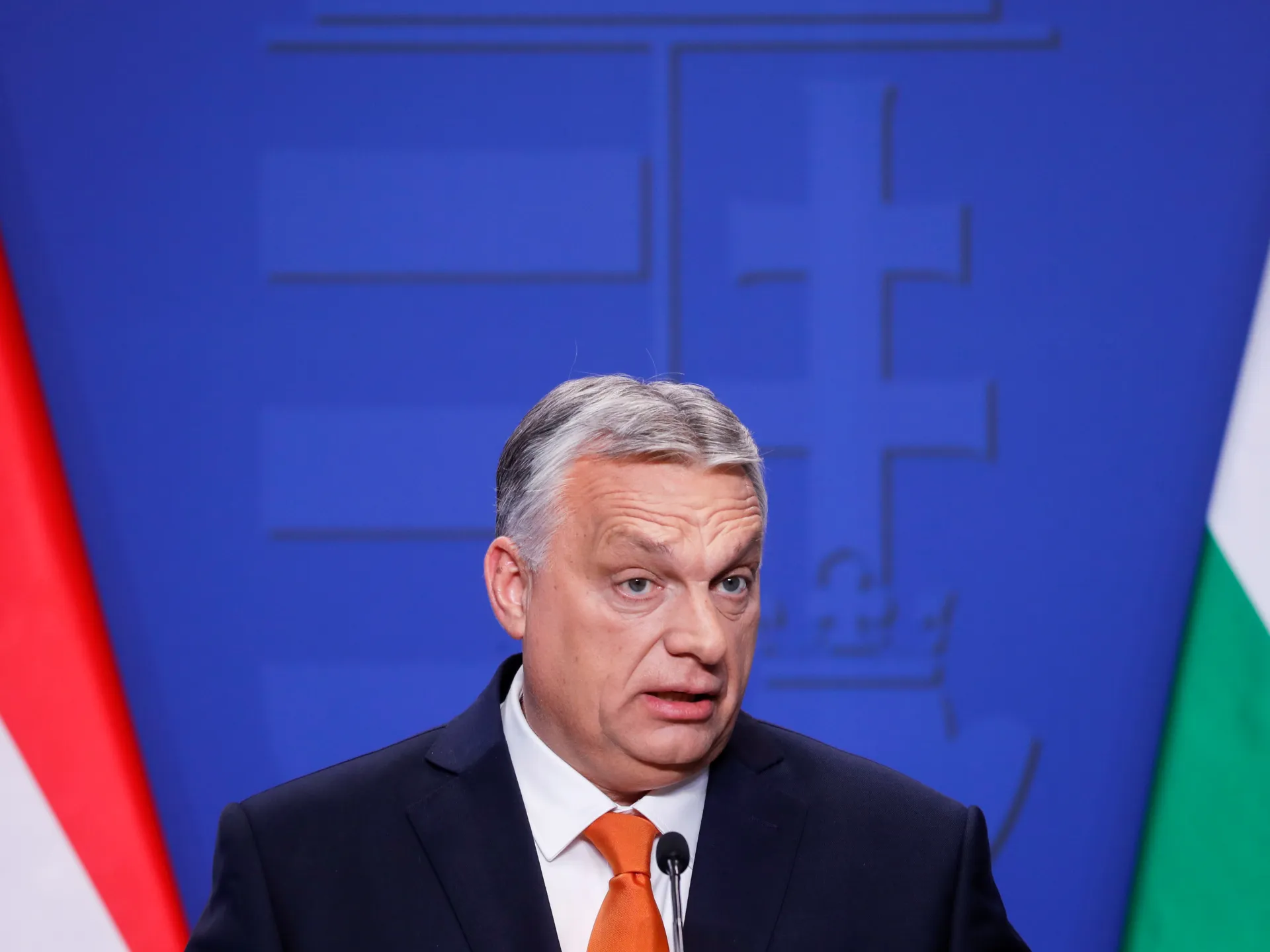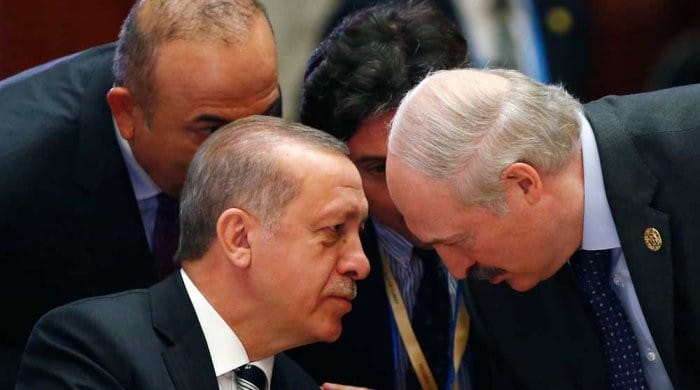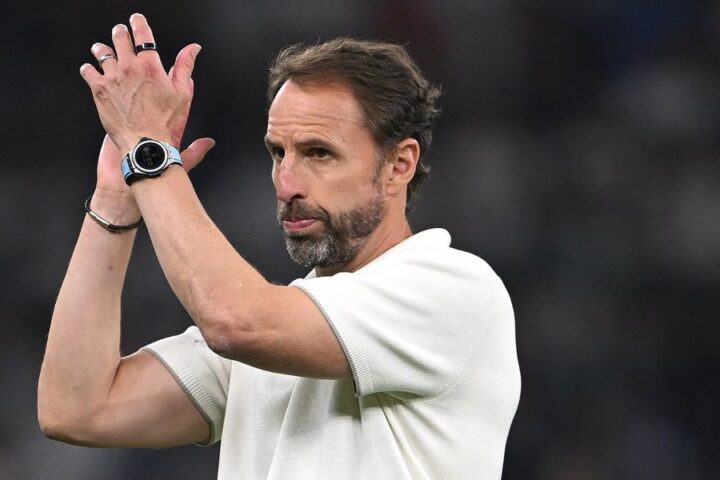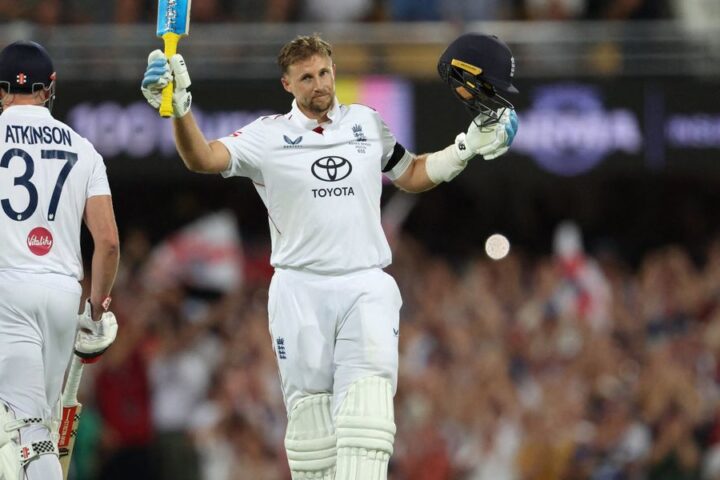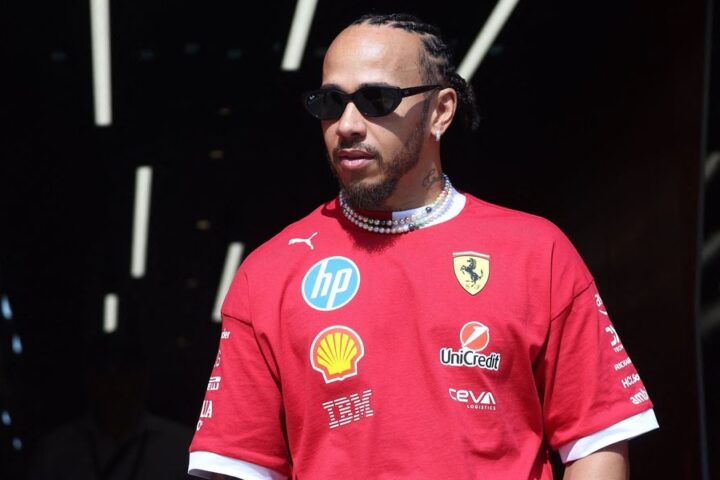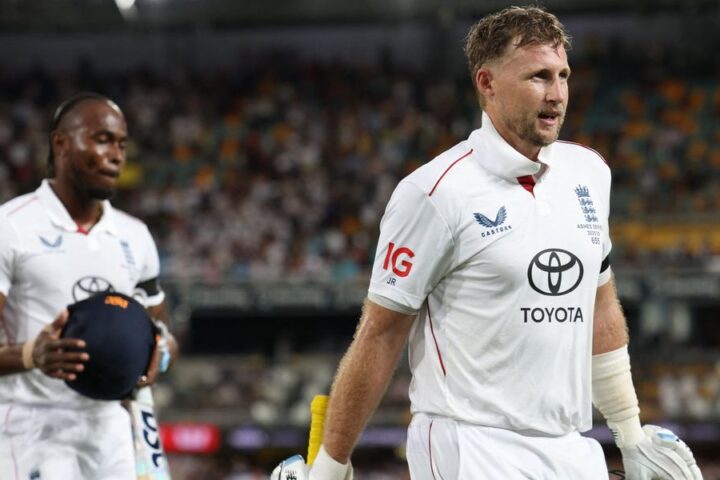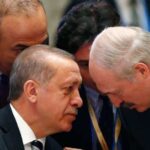BUDAPEST/BRUSSELS, 25 June 2025 — Hungarian Prime Minister Viktor Orban said on Tuesday that he will oppose Ukraine’s aspirations to join the European Union and NATO, further isolating Hungary from Western consensus on support for Kyiv amid Russia’s full-scale war.
Speaking at the NATO summit, Orban responded bluntly to a journalist’s question about Ukrainian President Volodymyr Zelenskyy’s participation: “NATO has nothing to do with Ukraine. Ukraine is not a member of NATO, just as Russia isn’t. My job is to keep it that way.”
His statement came hours after he posted on X, formerly Twitter, warning that admitting a country “at war with Russia” would drag the EU into a direct conflict. “The European Union was created to deliver peace and prosperity. It is unfair to expect any member state to take that risk,” he wrote.
Orban’s remarks have drawn sharp criticism from European diplomats, highlighting growing frustration with Hungary’s increasingly contrarian stance on Ukraine and its overtures to Moscow.
Hungary’s pro-Russia line deepens EU division
Orban and Foreign Minister Péter Szijjártó have repeatedly voiced views aligning with Russian narratives since the outset of Moscow’s full-scale invasion in February 2022. Hungary has opposed arms deliveries to Ukraine, resisted EU financial support packages for Kyiv, and proposed transforming Ukraine into a “buffer zone” between Russia and the West — effectively denying it sovereign political agency.
Critics warn that such framing not only undermines Ukraine’s right to self-determination but could leave it in a geopolitical limbo: outside security alliances, stripped of defence guarantees, and vulnerable to renewed aggression.
Ukraine has repeatedly insisted on its right to choose its own alliances and has met core democratic standards required for EU accession. The country’s leadership argues that joining the EU and NATO is essential for its long-term security and reform trajectory.
EU unity under pressure
Orban’s comments risk fracturing the already fragile EU consensus on Ukraine. Since 2022, Brussels has approved multiple rounds of military, financial, and humanitarian aid for Kyiv, often in spite of Hungary’s veto threats.
By framing the war as a bilateral conflict rather than a European security issue, Budapest challenges the dominant EU and NATO position that Ukraine’s resistance is of global strategic relevance. Analysts view Orban’s rhetoric as echoing Kremlin messaging and undermining collective resolve.
“Peace proposals that involve ceding Ukrainian territory are not peace — they’re capitulation,” one EU diplomat said on condition of anonymity. “The real danger is if this war becomes normalised. That would embolden not just Russia, but every authoritarian regime watching.”
Ukraine’s resilience challenges defeatist narratives
Orban’s claim that Ukraine’s war effort is futile also contradicts Kyiv’s battlefield record. Ukrainian forces have withstood one of the largest military assaults in Europe since World War II, defending their independence against a better-armed adversary with support from Western partners.
Ukrainian officials argue that continued resistance proves the war is not unwinnable — and that international backing remains decisive. “Our fight is not only about territory,” Zelenskyy said in a recent address. “It is about our right to exist freely and securely in our own land.”
Analysts warn that defeatist narratives — particularly from inside the EU — risk weakening Western support and feeding Russian disinformation. “Every time a European leader questions Ukraine’s viability, Moscow sees it as a green light to escalate,” said one senior NATO official.
Strategic stakes for Europe
Beyond Ukraine’s sovereignty, the broader implications of Hungary’s position are strategic. EU officials stress that support for Ukraine is not just a moral obligation, but an investment in European security. A victory for Ukraine would reaffirm the primacy of international law and deter future aggression.
Calls for negotiations that reward territorial conquest, they argue, only invite more wars. “You don’t stop a bully by giving them what they want. You stop them by standing firm,” said European Commission President Ursula von der Leyen earlier this year.
As Hungary continues to test the limits of EU unity, the bloc faces a critical choice: allow dissenting voices to reshape its response, or reassert its foundational principles of solidarity and democracy in the face of war.
